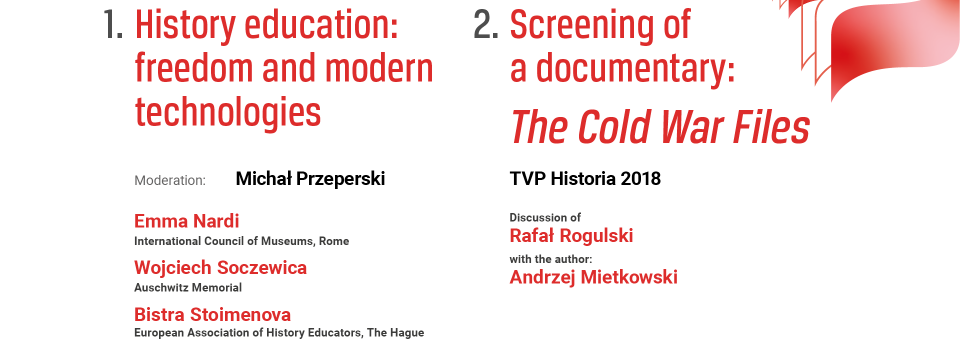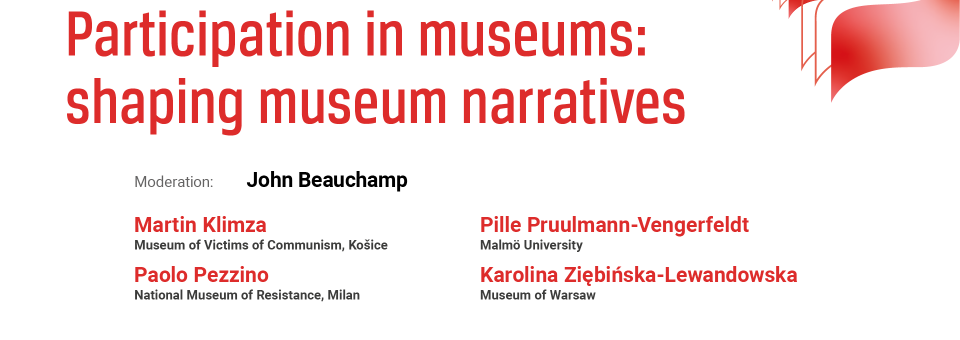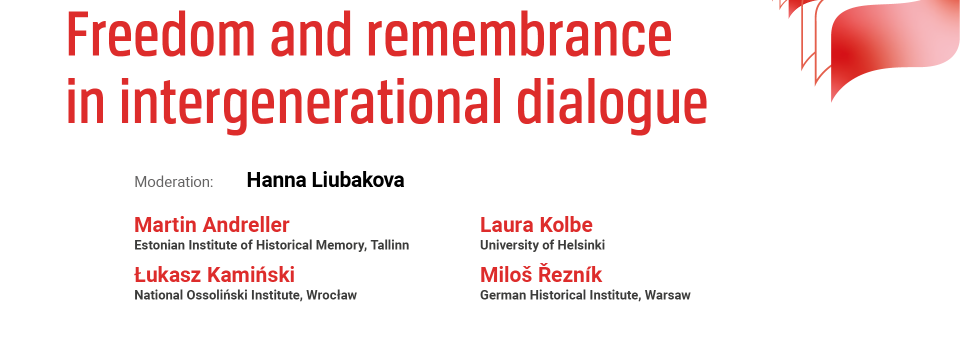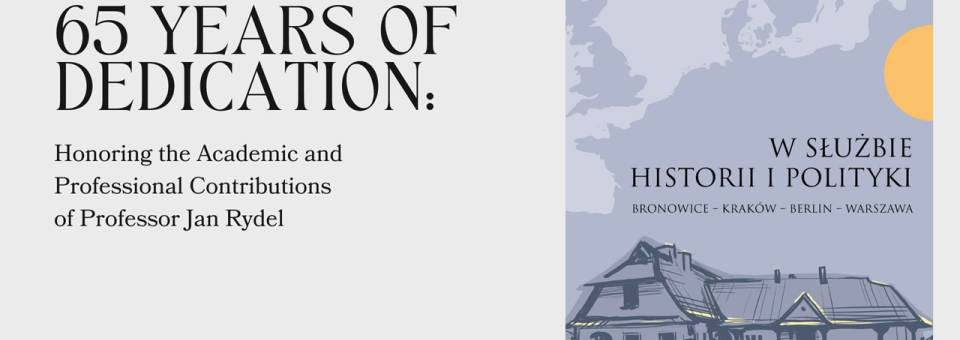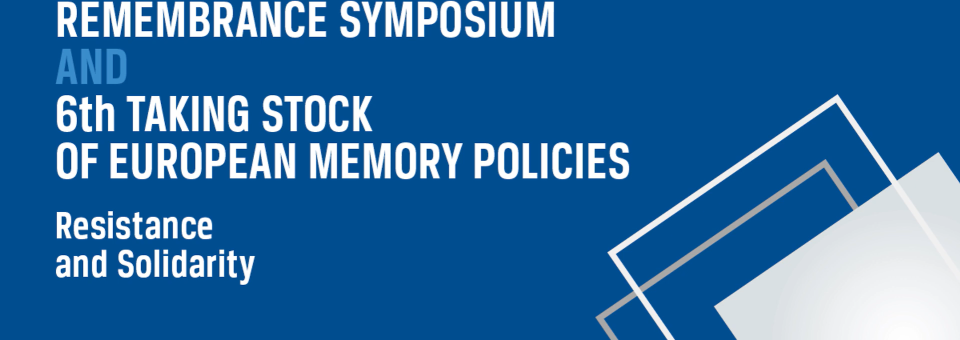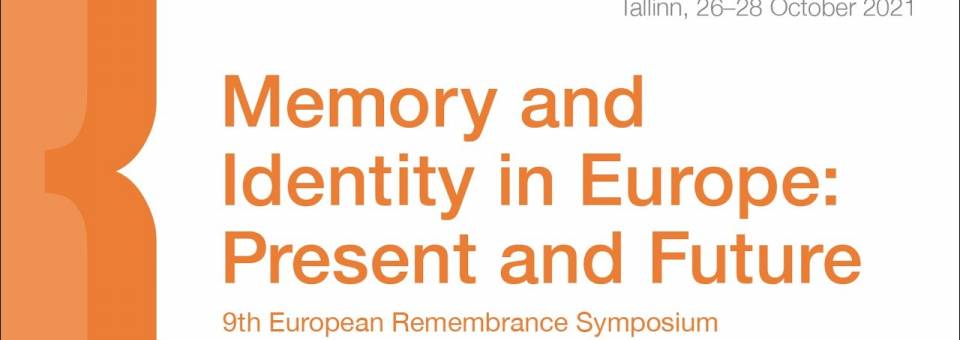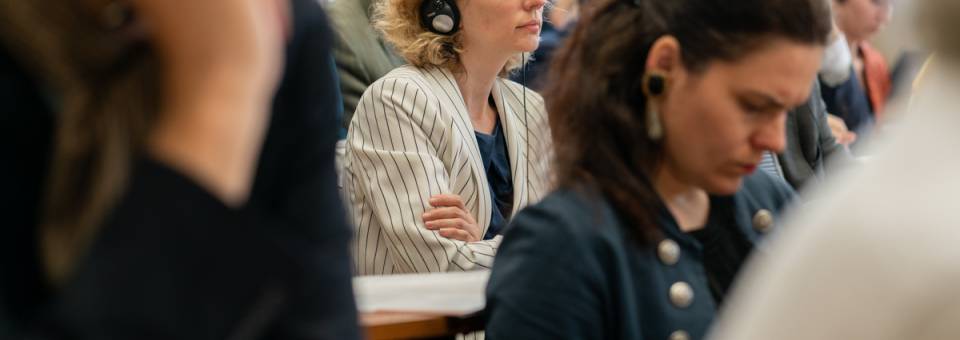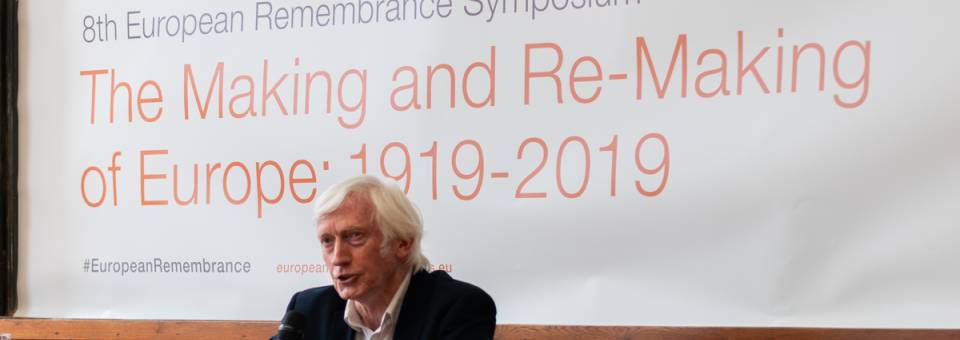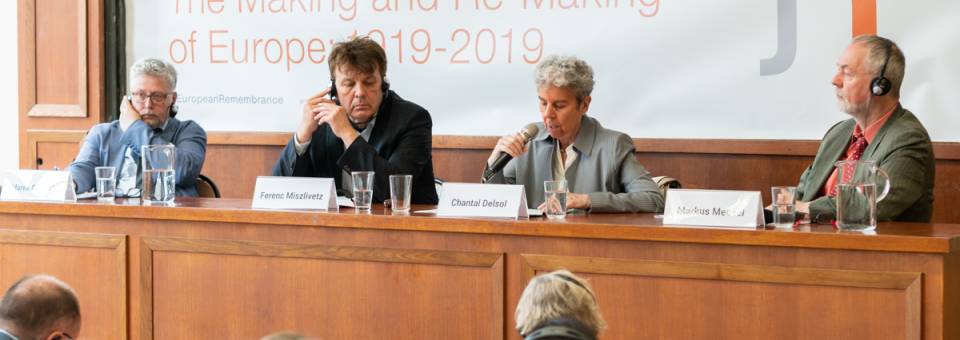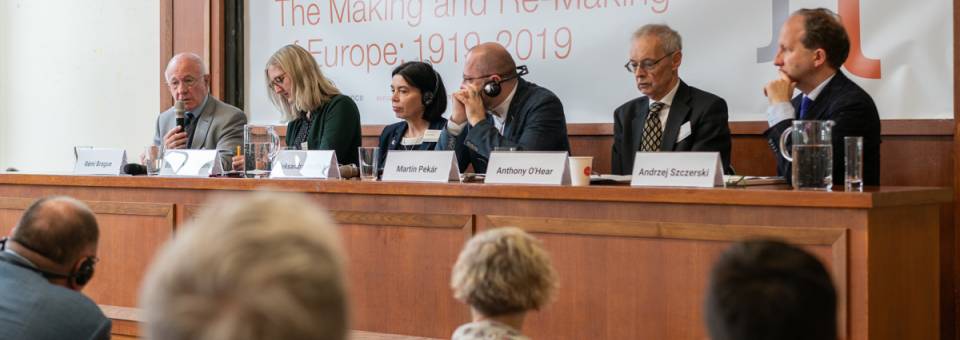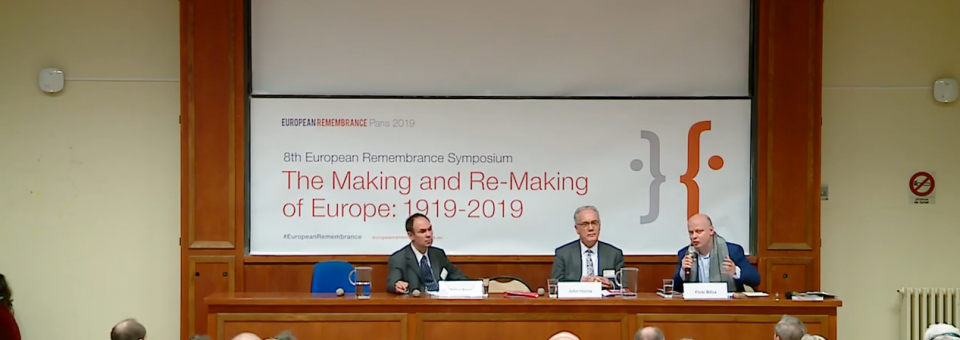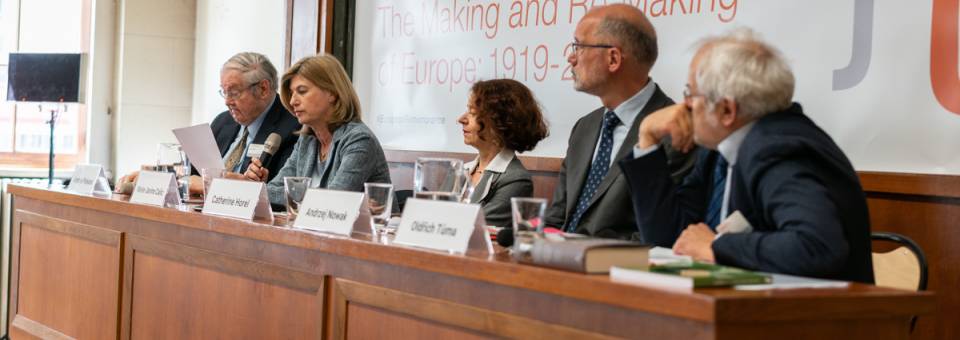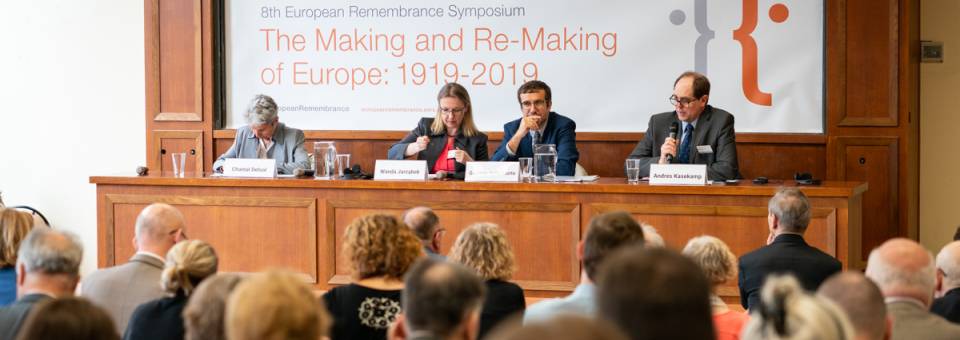Panel discussion on “Historical education: freedom and modern technologies” at the 12th European Remembrance Symposium on 22 May 2024. A meeting of educators, teachers and experts to discuss strategies and good practice in teaching about the past. How is history education different today, given the variety of teaching formats available? What are the challenges and opportunities it faces? Should free access to different sources of historical knowledge and (educational) tools, such as artificial intelligence or social media, be restricted?
Panellists:
Emma Nardi, International Council of Museums, Rome
Wojciech Soczewica, Auschwitz Memorial
Bistra Stoimenova, The European Association of History Educators, Hague
Elias Stouraitis, Ionian University, Korfu online
Moderation: Michał Przeperski, Polish History Museum, Warsaw
The event was co-funded by Central European Initiative - CEI

